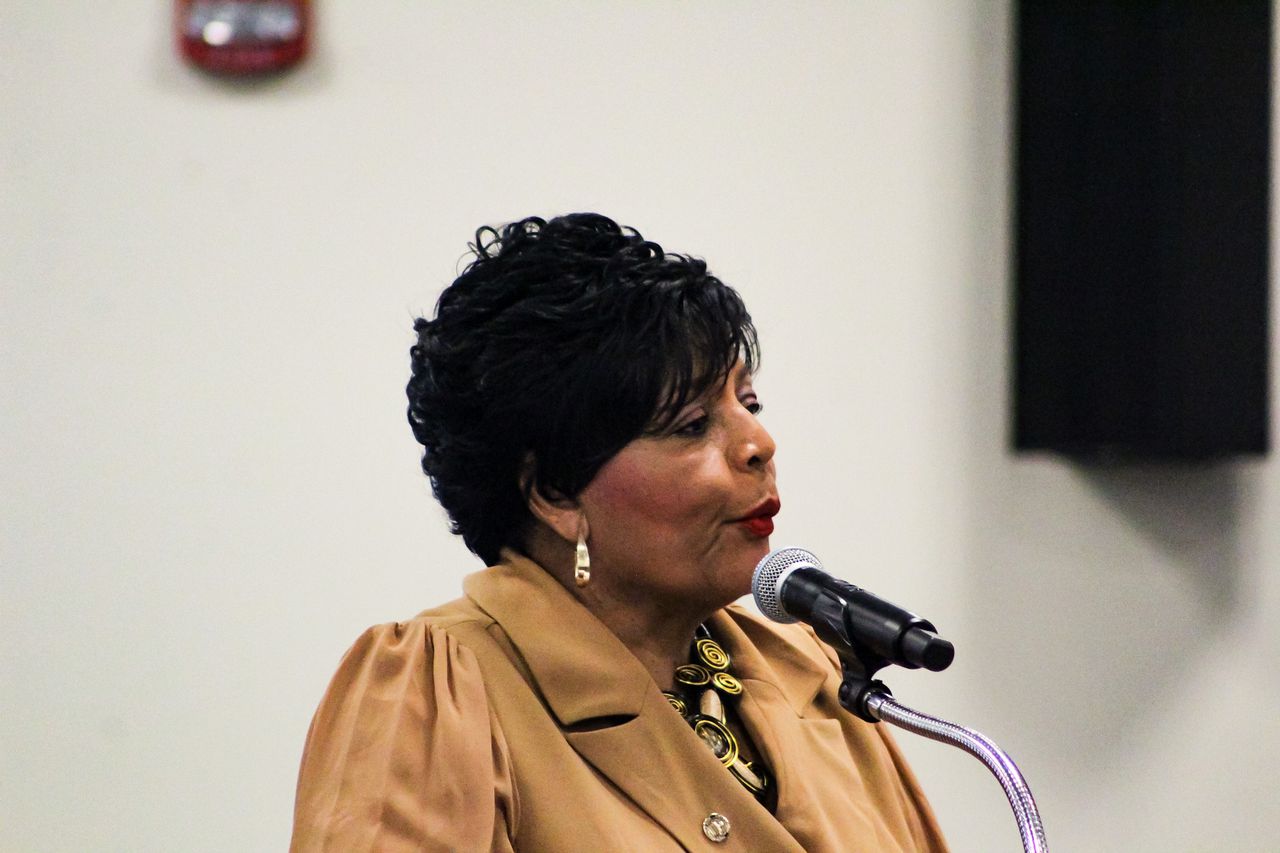Alabama may punish parents who let children take guns to school
Alabama lawmakers are considering a bill that would create the possibility of criminal charges for parents who let children access unsecured weapons and take those weapons to a school.
Rep. Barbara Drummond, D-Mobile, introduced the bill, HB123, that would make parents or guardians who do not “reasonably secure” lethal weapons liable for criminal charges, should a minor get a hold of the weapon and take it to school property.
During a House Judiciary Committee meeting Wednesday some representatives expressed concerns about the bill’s language and potential consequences for gun owners. Drummond said she did not believe the bill violates anyone’s Second Amendment right, but would help families and schools keep children safe.
“This bill is simple,” Drummond said. “It is a bill that will require that if a weapon is found on school campus and the authorities trace it back to the household of a parent or a guardian and the gun belongs to them, that that guardian will be held responsible.”
Everytown, a gun violence prevention organization, has estimated that thousands of children have accidentally shot somone in recent years after finding an unsecured weapon. In Alabama, in recent weeks, schools have found an antique weapon in an elementary student’s backpack, a loaded gun on a junior high school student and a gun on a high school student. According to an AL.com analysis, Alabama schools reported dozens of incidents of guns on campus in the 2021-22 school year.
When Drummond introduced the bill, parents could be charged with a Class C felony. The bill was amended in committee to potentially change the penalty to a misdemeanor, though a copy of the amendment has not been publicly updated yet.
Rep. Shane Stringer, a Republican from Mobile, asked Drummond whether she’d considered a bill that would penalize parents or guardians if the weapon was used.
Read more: Does your Alabama school have a discipline, safety problem? See the data.
Beyond the Violence: Read AL.com, Birmingham Times coverage of gun violence, possible solutions.
“You know, I thought about that, but I think you have to ask yourself if and when — and I think it’s when, given all of what is happening, and please know that this bill was filed long before Nashville, the shooting there,” Drummond said in response. “I think that we need to do everything that we can to protect not only our children, but also the campuses and those faculty members and everybody that that comes in contact on a school campus.”
Drummond’s bill says that parents who reasonably secure their weapons will not be charged.
An amendment defined “reasonably secure” as including, but not limited to, storing a firearm using a trigger locker and a lock box or gun safe that requires a key, numerical or alphanumerical combination or fingerprint to open.
Drummond used an example of a child bringing a gun with a trigger locker on it to school. If her bill passed, that parent would not be charged, since the gun would be considered reasonably secured, she said.
Guns used in school attacks typically come from the home of a parent or family member, according to a 2019 federal report; in many of those cases, firearms were easily accessible. But it’s rare to see family members prosecuted in connection to a school shooting. Michigan prosecutors have charged the parents of a teenager who shot and killed four students in 2021 with involuntary manslaughter. And a Virginia mother has been charged with child neglect after a 6-year-old shot a teacher.
Stringer said he was afraid of “unintended victims” of Drummond’s bill.
A March school shooting in Nashville, he pointed out, was not the result of a parent who did not secure their weapons. The Nashville shooter was an adult who used legally owned weapons to kill six people, according to police.
Stringer said he knows some people consider guns stored in their homes, bedrooms or closets to be reasonably secured.
“Well, I don’t want to wake up tomorrow and that weapon ends up on a school campus and children are killed, or a teacher, or whoever on that campus,” Drummond said in response. “This bill only tells a parent that ‘you’ve got to be responsible.’”
Rep. David Standridge, a Republican from Hayden, said when he was serving on the school board in his county several years prior, a student left a hunting weapon in his car. The student let administration know, and Standridge said the student “got in trouble,” but that he did not think a parent should be charged in a similar situation.
Drummond responded that, since the child was still under the care of his parents, they would be held responsible, even if he had permission to hunt after school.
Drummond’s bill did provide several exceptions for the charges, provided that the parent or guardian can legally possess a firearm and meets additional requirements laid out in the bill.
Her bill received a favorable committee report, despite several committee members voting against it. Next, it will head to the House floor.
